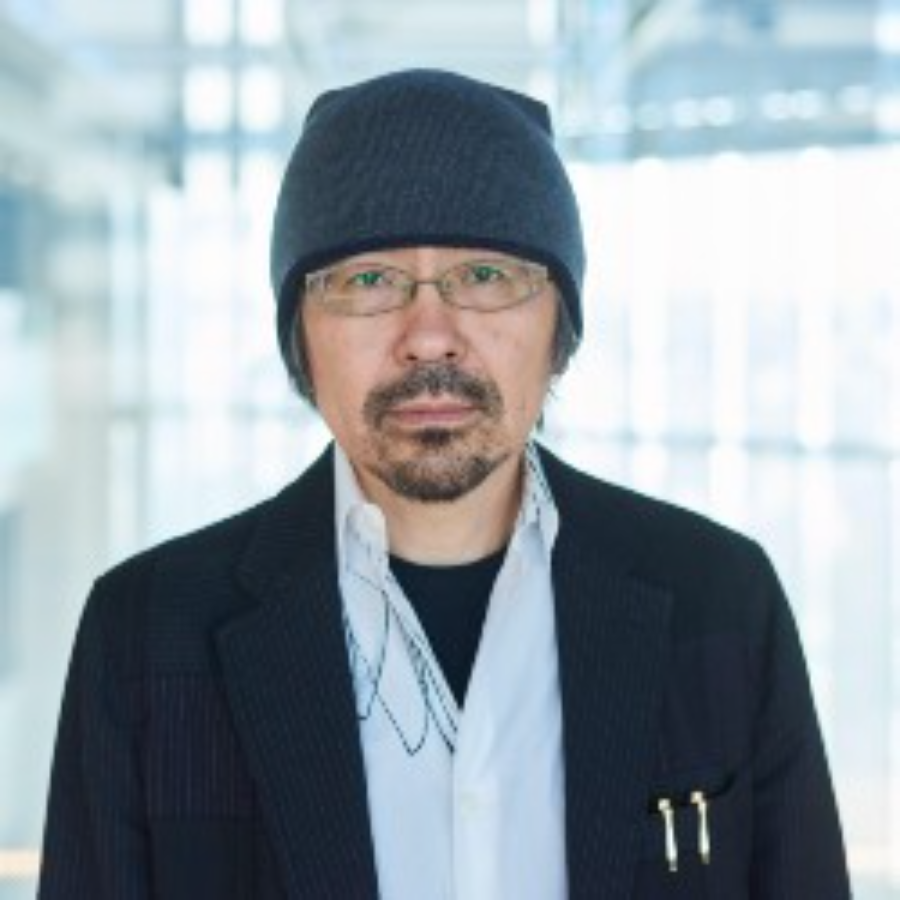In his personal essay “What We Lost: COVID-19 Beyond the Numbers,” Japanese writer Hideo Furukawa explores his experience of living through the COVID-19 pandemic, examining how it disrupts daily life, reshapes his perception of time, and challenges his ability to plan for the future. Furukawa begins by addressing the overwhelming focus on numbers—the daily tally of new cases and deaths—but then shifts the focus to the more intangible loss: the erasure of schedules and plans. He contemplates how the virus has stolen not only human lives but the structure of our days, leaving individuals uncertain and disoriented. Furukawa writes, “There is no need to count. The pandemic took not only lives, but the structure of time itself.” He connects the crisis to growing up in Fukushima, Japan, where a nuclear disaster in 2011 had similar effects on the sense of time and space. The pandemic not only delayed the 2020 Tokyo Olympics but created “borders”—whether physical, emotional, or psychological—dividing people into potential victims and carriers of the virus. The nonlinear structure of the essay, which moves between the present, past, and future, reflects the disorienting nature of both the pandemic and his own uncertainty of the moment, while writing and shared experience offer a potential escape from these imposed limitations.

Image Captions:
Hideo Furukawa. Photograph by Eisuke Asaoka Words Without Borders. 5 June 2020,Citation: Furukawa, Hideo, and Kathleen McCaul Moura. “What We Lost: COVID-19 Beyond the Numbers.” Translated from the Japanese by David Boyd. Words Without Borders [digital magazine], 5 June 2020, bit.ly/43sd31h. NON-FICTION | JAPAN. jt/jb/ig
Source Type: Online Blog posts
Country: Japan
Date: 05-Jun-2020
Keywords: Autobiography, First-Wave, Nostalgia, Japan, and Literature